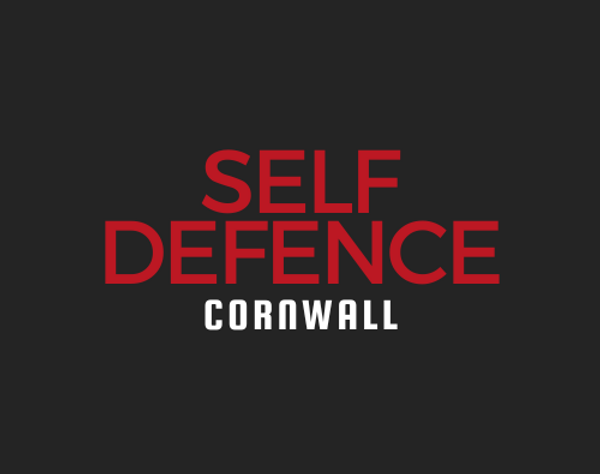Self defence and the law
When it comes to what is considered self defence, it is essential that you understand the UK law around using reasonable force. Whilst the law allows you to use reasonable force to defend yourself, misuse of this can lead to imprisonment.
Section 3 (1) of the Criminal Law Act 1967 states that “any person may use such force as is reasonable in the circumstances in preventing a crime or in effecting or assisting in the lawful arrest of offenders or suspected offenders or of persons unlawfully at large”.
So what does that mean?
This means that you are legally allowed to use reasonable force for the following:
-
To prevent or terminate crime, or to effect or assist in the lawful arrest of an offender or suspected offender or person unlawfully at large.
-
To prevent or terminate a breach of peace.
-
To protect themselves or another from unlawful force or unlawful personal harm – this is self-defence broadened to cover defensive force in support of another person.
-
To prevent or terminate the unlawful detention of himself or another.
-
To protect property (whether belonging to himself or another) from unlawful appropriation destruction or damage.
-
To prevent or terminate a trespass to their person or property.
What does ‘reasonable’ actually mean?
This is very important to understand and can be the difference between your act of self-defence being considered just that, or being deemed unreasonable, causing you to face imprisonment.
Reasonable force is based on two primary issues: –
-
the force applied must be necessary (i.e. there was no other option, you or another was in imminent danger that was a threat to you or another’s personal safety and life).
-
the force applied must be proportionate (i.e. the force used is in equal relation to the amount of harm likely to be suffered by you or another if intervention isn’t made).

